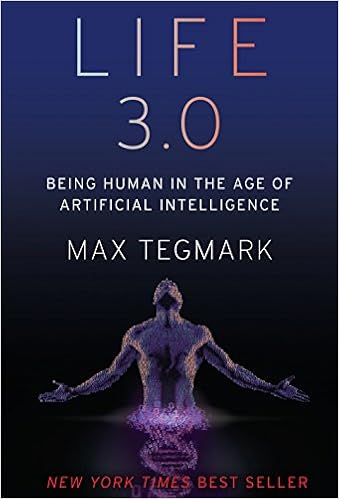 Take Alexa with you everywhere you go with this sleek smartwatch – BGR
Take Alexa with you everywhere you go with this sleek smartwatch – BGR"Seamleasly integrated with Alexa, Amazon’s cloud-based voice service. Just tap and ask Alexa, to enjoy thousands of skills on the go, such as hearing the latest news, weather and traffic reports, check sport scores, and much more.
Connect tastefully blends the longevity of an analog watch with smartwatch convenience – lasting 3-5 days on a single charge and up to 2 years on analog. Supports iOS 8/android 4.0.3 and later"
Amazon.com: GUESS Men's Stainless Steel Connect Smart Watch - Amazon Alexa, iOS and Android Compatible, Color Black (Model: C0001G5): Watches
$199


